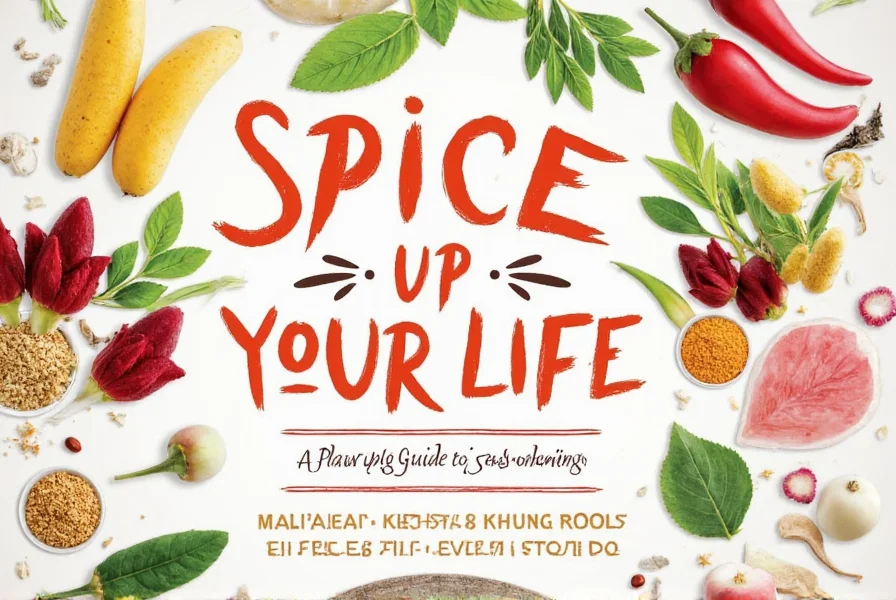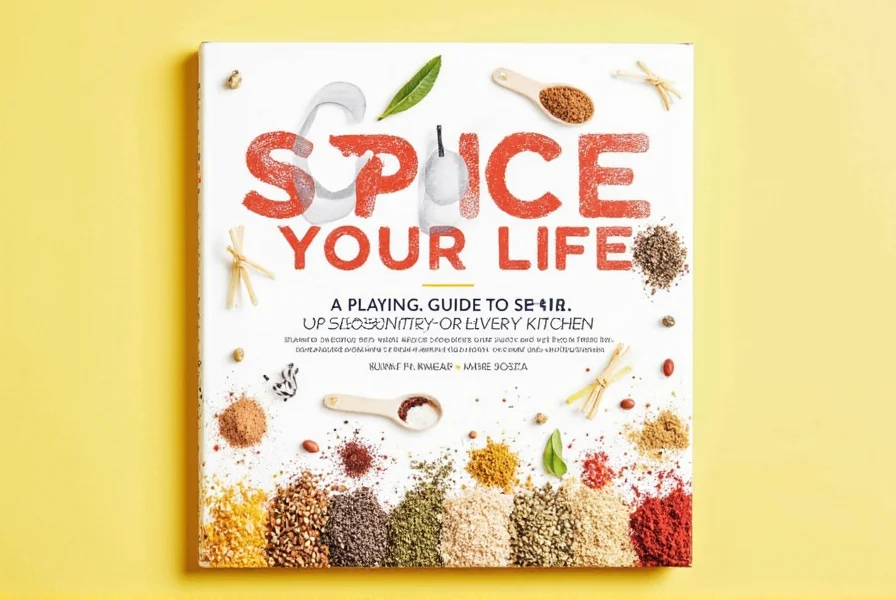Table of Contents
Proper spice storage is crucial for maintaining flavor and potency. Many people don't realize that spices lose their potency over time, but with the right storage methods, you can keep them fresh for years. Here are 10 expert tips to store your spices properly.

10 Expert Spice Storage Tips
- Use Airtight Containers: Store spices in glass jars with tight-fitting lids to prevent moisture and air exposure, which degrade flavor and potency. Avoid plastic containers that can absorb odors.
- Keep Away from Heat and Light: Heat and light accelerate the degradation of essential oils. Store spices in a cool, dark cupboard away from the stove and direct sunlight. Never store above the stove.
- Label and Date Your Spices: Write the purchase date on each container. Whole spices last 3-4 years, ground spices 2-3 years, and dried herbs 1-3 years. This helps track freshness and know when to replace.
- Store Whole Spices When Possible: Whole spices retain their essential oils and flavors much longer than pre-ground versions. Grind them just before use for maximum flavor.
- Avoid Moisture Exposure: Never store spices near sinks, dishwashers, or other moisture sources. Moisture causes clumping and mold growth.
- Use Dark Glass Jars: If possible, store spices in dark glass jars to protect them from light exposure. Clear glass jars allow light to penetrate and degrade spices faster.
- Don't Store in Refrigerator: Refrigerators create moisture that can cause spices to clump and lose flavor. A cool, dry cupboard is always better.
- Organize by Frequency of Use: Keep frequently used spices within easy reach, while less common spices can be stored in less accessible areas.
- Test Spices Regularly: Crush a small amount between your fingers. If it lacks aroma or color, it's time to replace it. Fresh spices should have a strong scent.
- Buy in Small Quantities: Purchase only what you'll use within 6-12 months. Larger quantities increase the risk of spoilage before you can use them all.
| Storage Factor | Best Practice | Why It Matters |
|---|---|---|
| Container Type | Dark glass jars with tight lids | Prevents light exposure and air circulation that degrade spices |
| Storage Location | Cool, dark cupboard away from heat sources | Heat accelerates loss of essential oils and flavor compounds |
| Whole vs Ground | Buy whole spices and grind as needed | Whole spices retain 40-60% more flavor compounds than pre-ground versions |
| Moisture Control | Avoid humid areas and never refrigerate | Moisture causes clumping, mold growth, and flavor loss |

Spice Storage Guide: Best Practices
According to the USDA Food Safety and Inspection Service, spices should be stored in a cool, dry place away from direct sunlight. Proper storage not only preserves flavor but also maintains nutritional value and prevents contamination.
Whole Spices vs Ground Spices
Whole spices like cinnamon sticks, whole cloves, and cumin seeds retain their flavor significantly longer than ground versions. When you grind whole spices just before use, you release maximum aroma and flavor. Ground spices lose potency faster because their surface area is larger, exposing more essential oils to air and moisture.
How Long Do Spices Last?
Spices don't "go bad" in a safety sense, but they lose potency over time:
- Whole spices: 3-4 years (cinnamon sticks, whole peppercorns, whole nutmeg)
- Ground spices: 2-3 years (paprika, cumin powder, turmeric)
- Dried herbs: 1-3 years (basil, oregano, thyme)
Always check for freshness by crushing a small amount between your fingers. If it lacks aroma or color, it's time to replace it.

Frequently Asked Questions
How do I know if my spices have gone bad?
Spices don't technically "go bad" in a safety sense, but they lose potency over time. Signs that spices have lost their effectiveness include: faded color, weak or no aroma when crushed between your fingers, and dishes not tasting as flavorful as expected. If your spices don't smell strong when you open the container, they've likely lost most of their flavor.
Should I store spices in the refrigerator?
No. Refrigerators create moisture that can cause spices to clump and lose flavor. The temperature fluctuations when opening and closing the fridge also degrade spices faster. Always store spices in a cool, dry cupboard away from heat sources.
What's the best container for storing spices?
Dark glass jars with tight-fitting lids are ideal. They protect spices from light exposure while preventing air circulation. Avoid plastic containers that can absorb odors or leach chemicals into your spices. Mason jars with rubber seals work well for bulk storage.
How often should I replace my spices?
Whole spices should be replaced every 3-4 years, ground spices every 2-3 years, and dried herbs every 1-3 years. However, the best way to know is by testing their aroma. If they don't have a strong scent when crushed, replace them regardless of age.
Can I store spices in the freezer?
Generally no. Freezers create moisture and temperature fluctuations that degrade spices. Exceptions include very expensive spices like saffron, which can be frozen in airtight containers for long-term storage. For most spices, a cool, dark cupboard is always better than freezer storage.
Conclusion
Proper spice storage is a simple but crucial practice that preserves flavor, potency, and nutritional value. By following these expert tips—using airtight containers, storing in cool dark places, labeling with dates, and buying whole spices when possible—you can ensure your spices remain fresh and flavorful for years. Remember: the best way to test freshness is by aroma. If it doesn't smell strong, it's time for a replacement. With proper storage, you'll always have vibrant spices ready to elevate your cooking.












 浙公网安备
33010002000092号
浙公网安备
33010002000092号 浙B2-20120091-4
浙B2-20120091-4